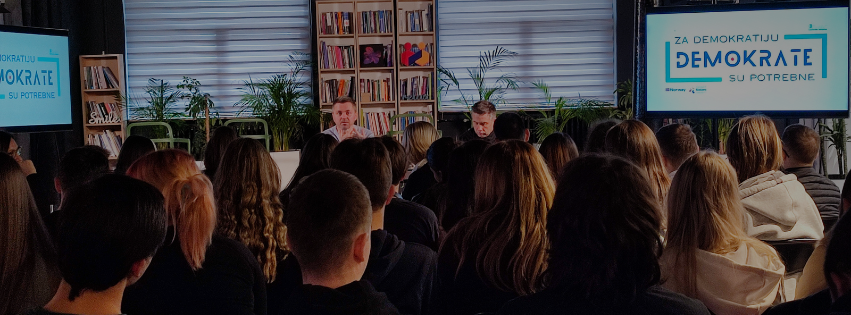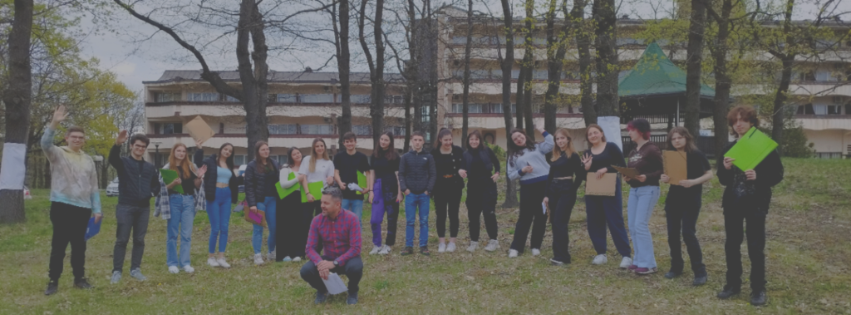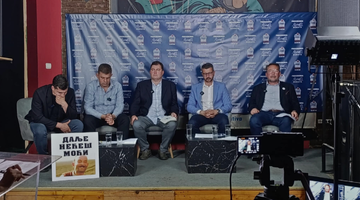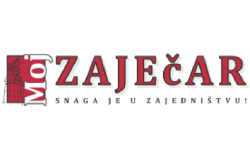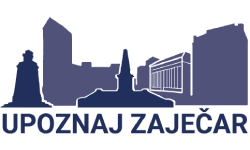Five Cities - List of Recommendations
Over the past few months, the Zaječar Initiative organized consultative meetings with stakeholders involved in civic education in Niš, Kragujevac, Užice, Belgrade, and Novi Sad to gather and formulate recommendations for measures that will improve the quality of civic education for youth in Serbia. Various studies conducted in Serbia in recent years show alarming trends in young people’s attitudes. Young people lack trust in institutions, feel neglected, are uninterested in social events, and do not believe they can influence political processes and decisions. Additionally, an increasing radicalization of their attitudes and a growing acceptance of authoritarian tendencies in society are observed.
Students who attend civic education are better at recognizing stereotypes, manipulation, and media propaganda; they are more aware of how to resolve personal or community issues, whom to turn to, and how to exercise their rights. Civic education teachers and professors see the elective status of the subject as the main problem. Other issues include the limited number of class hours, lack of textbooks, non-standardized (and optional) teaching practices, curricula and training for instructors, as well as weak networking with colleagues and the relevant ministry.
Students who attend civic education believe that in modern society, it is sometimes more essential than mathematics. In school, they want more topics that will prepare them for future life and maturity, but they also point out that events in society often contradict what their civic education teachers tell them. They would like the subject’s content to be updated, as society experiences events daily that are worthy of discussion and reflection. They also note that while they learn about their rights from the beginning of their schooling, they do not know enough about their responsibilities.
All recommendations provided by teachers, students, and civil society representatives will be subject to additional consultations and agreements, which the Zaječar Initiative will soon organize, before being presented to the public and submitted to relevant institutions. The project “Democracy Needs Democrats” is implemented with the support of the regional project SMART Balkan – Civil Society for a Connected Western Balkans, led by the Center for Civil Society Promotion (CPCD), the Center for Research and Policy Making (CRPM), and the Institute for Democracy and Mediation (IDM), with financial support from the Ministry of Foreign Affairs of the Kingdom of Norway.

